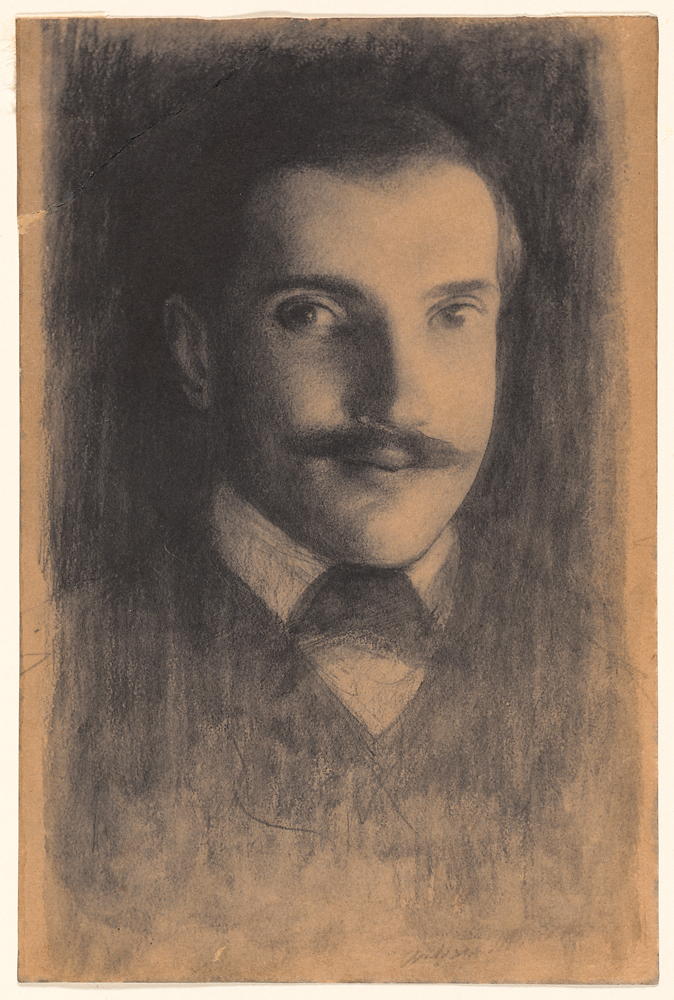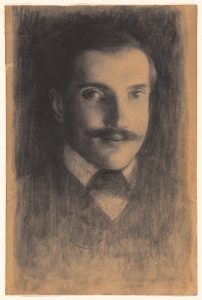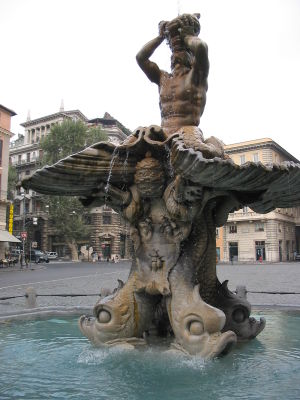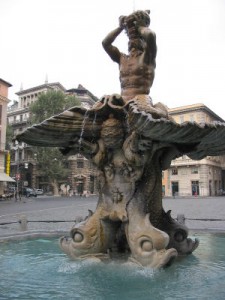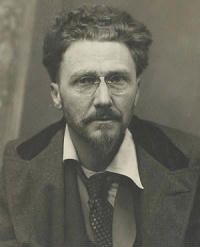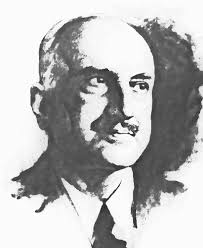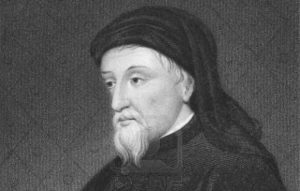 To Daniel MacGhie Cory
To Daniel MacGhie Cory
27 November 1933 . Rome, Italy
Hotel Bristol, Rome.
Rome. November 27, 1933
Dear Cory
Eliot’s book hasn’t yet arrived, but I have read the two reviews of it with pleasure. They are written with feeling: I will send them back to you with the book, in case you might like to reread them. Especially this “Basil de Selincourt.” who is he? Very penetrating to say that Eliot’s poetry hasn’t been written: but doesn’t this show that Eliot, as a poet, belongs to that truly English tribe which dislikes explicitness? That from Chaucer to Robert Bridges English poets have felt an ineffable something in nature and in the heart which outran philosophy or religion, is very true: and it also outruns language, so that Eliot hasn’t been able to write his own poetry, nor has Robert Bridges. Chaucer is different: he did write his poetry: only it had a margin or penumbra of the inexpressible, as all true poetry has: or rather, a margin or penumbra to be expressed by music, by magic, not by logical articulation.
. . . My Spanish friends—I wish you could read them!—are youngish Catholics inclined to the modern, psychological, mystical, Bergsonian way of feeling; and this mystery in poetry, this miracle in every day life, is just the thing to excite their imagination. Why is La fille de Minos et de Pasiphaé a wonderful line, and ravishing poetry, whereas La fille de Pasiphaé et de Minos would be dull prose from a school-book? L’Abbé Bremond said that it was the Holy Ghost blowing where it listeth—or something to that effect: but I suspect there are tropes that let the current through in the brain, and tropes that don’t and that it is a matter of little orgasms in the nervous system.
Yours affly G.S.
From The Letters of George Santayana: Book Five, 1933-1936. Cambridge, MA: The MIT Press, 2003.
Location of manuscript: Butler Library, Columbia University, New York NY.


